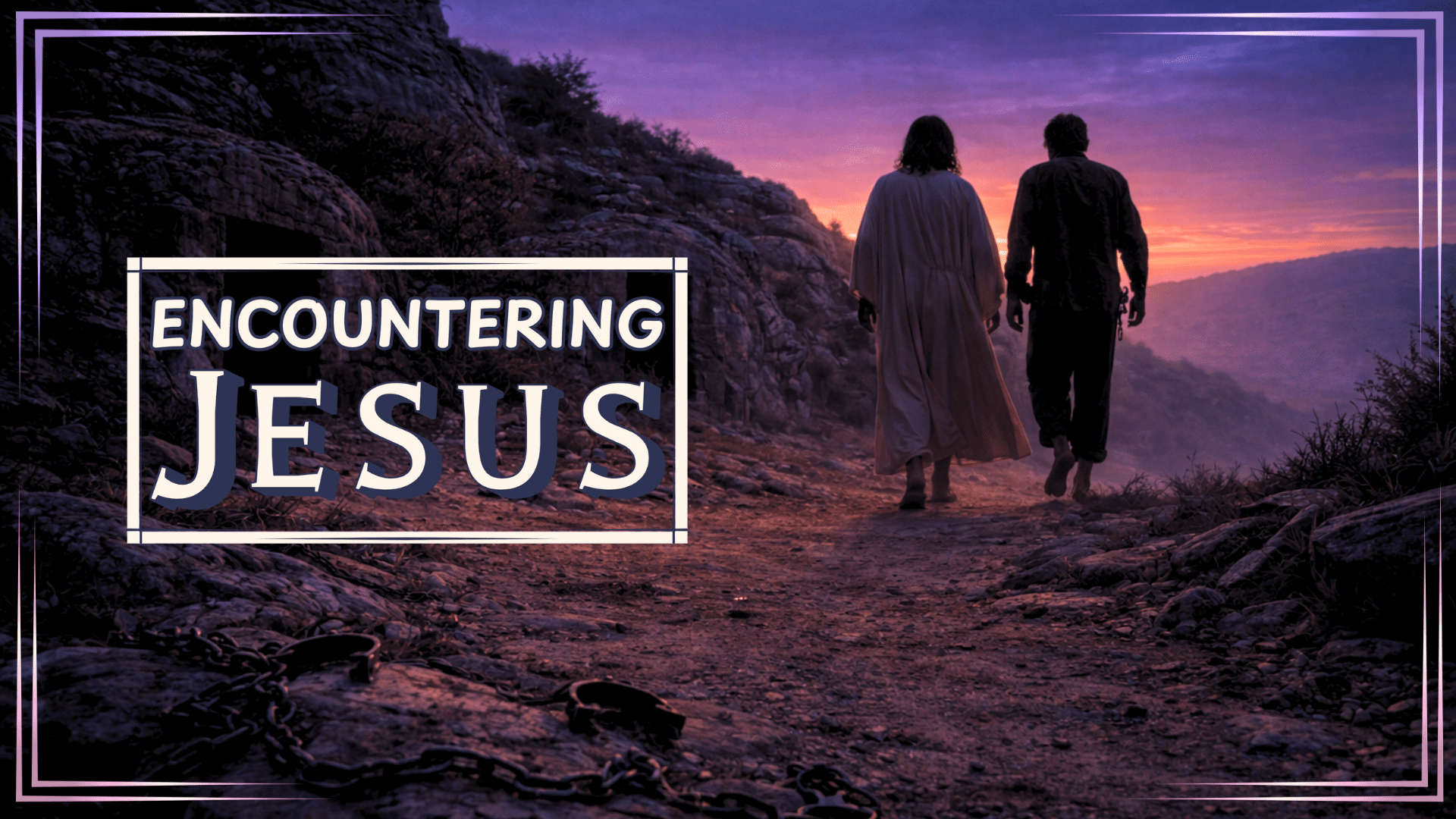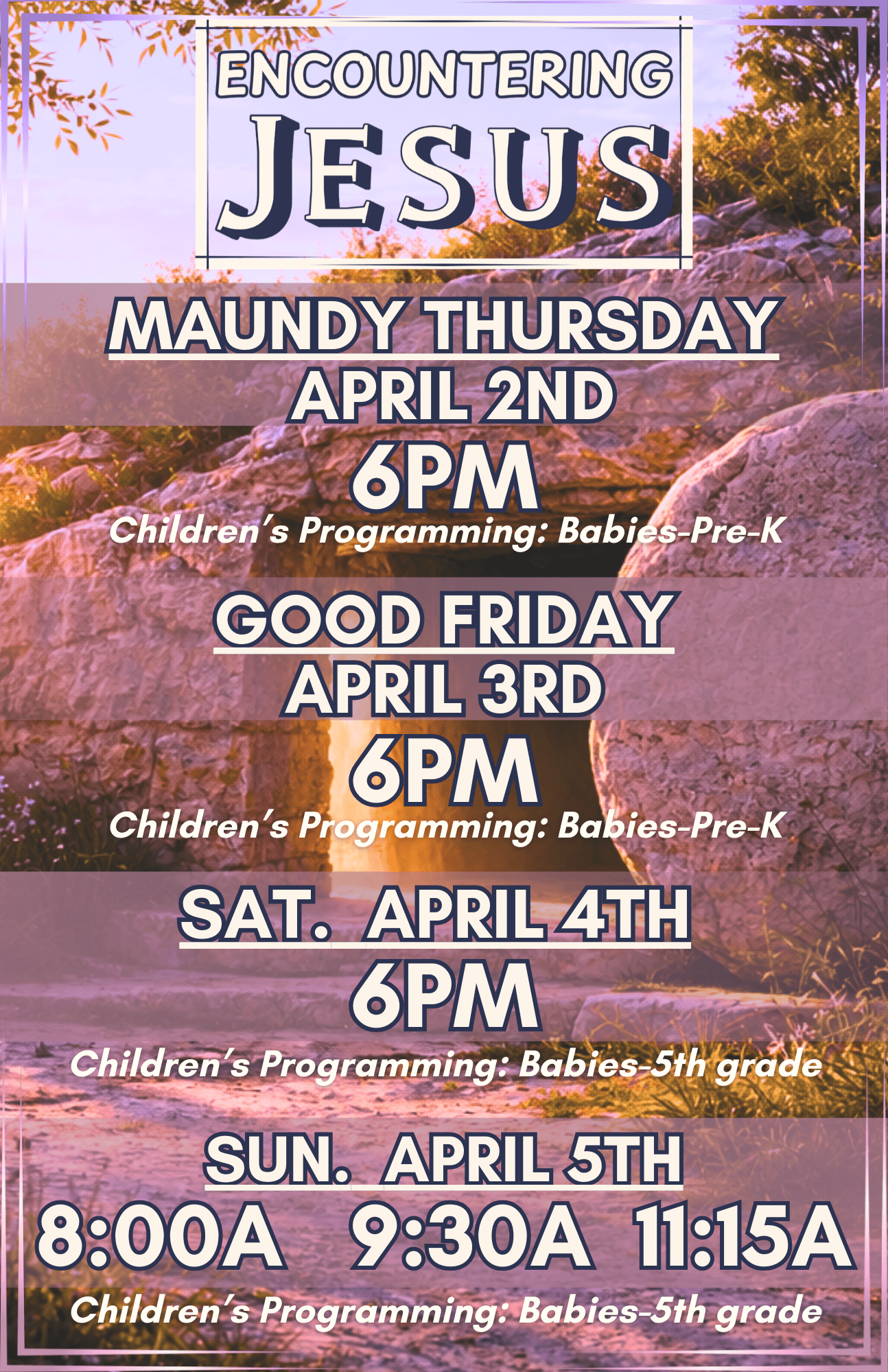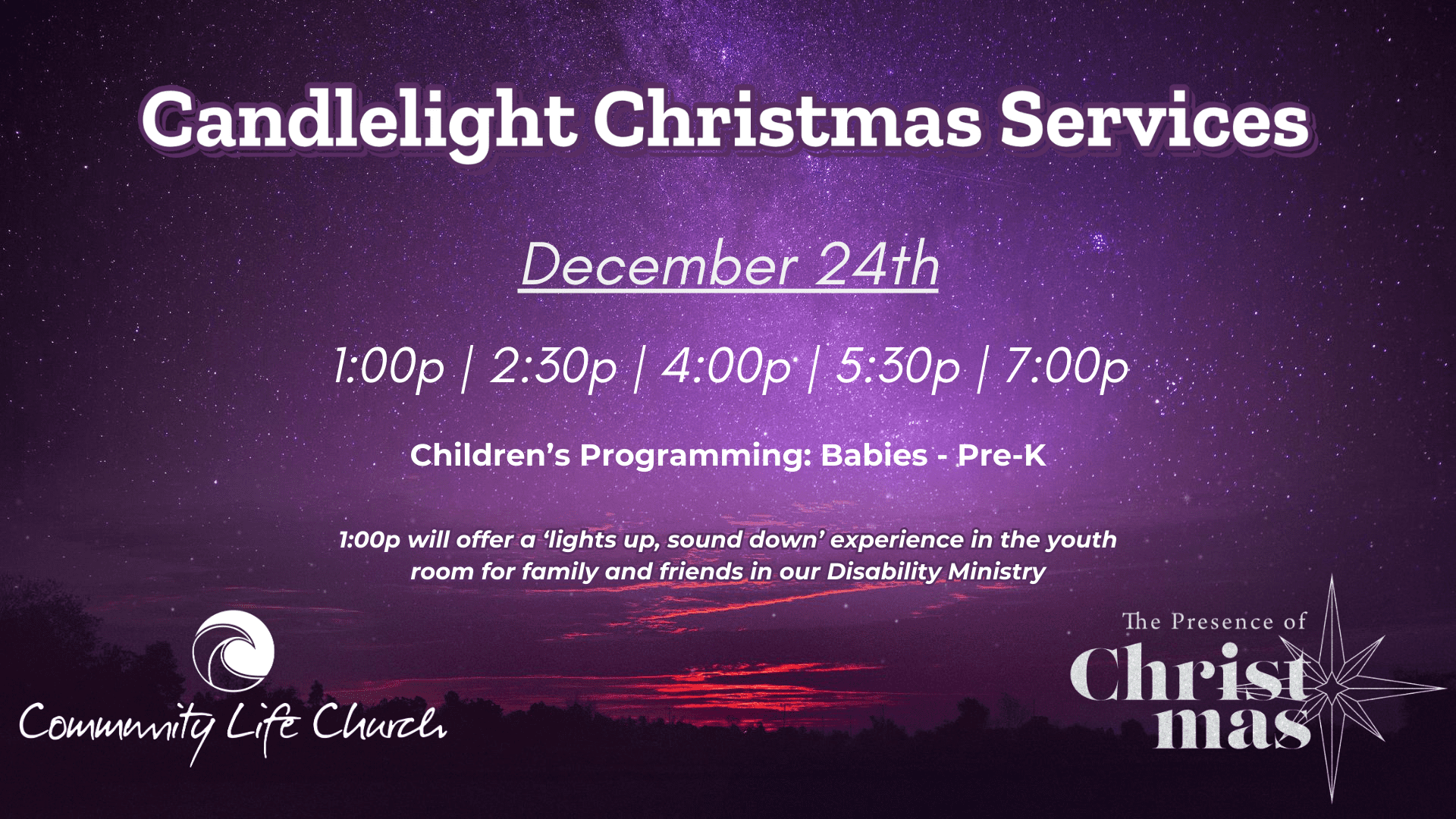Encountering Jesus 2
We often assume we know where to find God — in the expected places, the familiar, and the comfortable rhythms. But throughout the Gospels, Jesus continually meets people in ways they never saw coming. In sometimes ordinary settings, unexpected conversations, and moments of doubt and grief… He shows up.
And He still does that today.
Encountering Jesus is a journey through real moments where people came face-to-face with Christ — not after they had everything figured out, but right where they were. Broken, searching, skeptical, hopeful. Each encounter reveals a Savior who does what only He can do: restore, call, heal, forgive, and transform.
If we stay open… if we keep seeking… we may discover that an encounter with Jesus isn’t just informative — it’s the beginning of the transformation we’ve been longing for.
Come and see. Jesus meets you right where you are.




